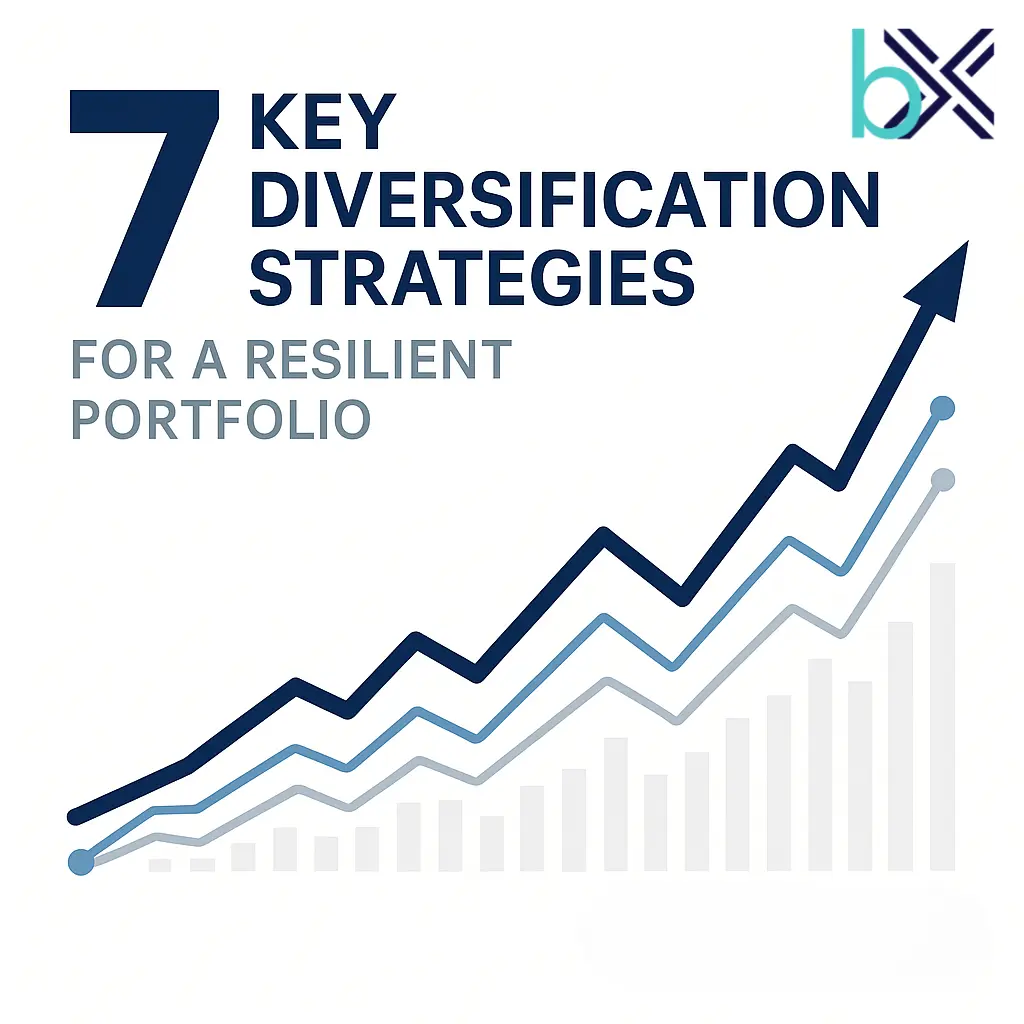Beyond the 60/40 Portfolio
Modern portfolio construction requires strategies that respond to changing correlations, heightened volatility, and global market dynamics. Here are seven advanced diversification approaches that forward-thinking advisors are implementing:
1. Concentrated Indexing
Rather than broad market exposure, this approach selects concentrated positions within indexes based on specific criteria. This creates more targeted exposure while maintaining diversification benefits.
2. Factor-Based Allocations
By targeting specific factors like value, momentum, quality, and low volatility, investors can build portfolios with return drivers that perform differently across market cycles.
3. Cross-Regional Exposure
Global markets don't always move in unison. Strategic allocation across regions provides access to different economic cycles, monetary policies, and growth trajectories.
4. Alternative Asset Integration
Private equity, real assets, and other alternatives can provide uncorrelated returns. Even modest allocations can significantly improve portfolio efficiency.
5. Tax-Aware Transitions
Tax considerations often prevent portfolio adjustments. Implementing tax-aware transition strategies allows for portfolio evolution without triggering unnecessary tax consequences.
6. Dynamic Correlation Management
Correlations between assets aren't static. Monitoring and adjusting for changing relationships between asset classes helps maintain diversification when it matters most.
7. Customized Risk Targeting
Rather than focusing solely on asset allocation, this approach targets specific risk exposures, ensuring the portfolio maintains intended risk characteristics regardless of market conditions.
Implementation Through Technology
Executing these strategies requires sophisticated tools beyond the reach of many individual advisors. This is where platforms like the BX Investment Platform provide substantial value.
The BX platform enables advisors to implement custom-built index models that combine low correlation assets with strategic allocation frameworks. Its open architecture ecosystem supports global exposure while providing institutional-level tools for active oversight.
Most importantly, it allows advisors to move beyond theory to practical implementation of these advanced diversification strategies.
The Path Forward
Building resilient portfolios in today's environment requires moving beyond conventional wisdom. Advisors who embrace these advanced diversification strategies can help clients navigate volatility while positioning for long-term growth.
The investment landscape continues to evolve rapidly. Those who adapt their diversification approaches accordingly will find themselves better equipped to manage risk and uncover opportunities in changing markets.
Traditional diversification isn't obsolete, but it's incomplete. By incorporating these seven strategies, investors can build truly resilient portfolios designed for today's complex financial landscape. Get in touch today to learn more about how we can help you navigate the evolving market conditions.
